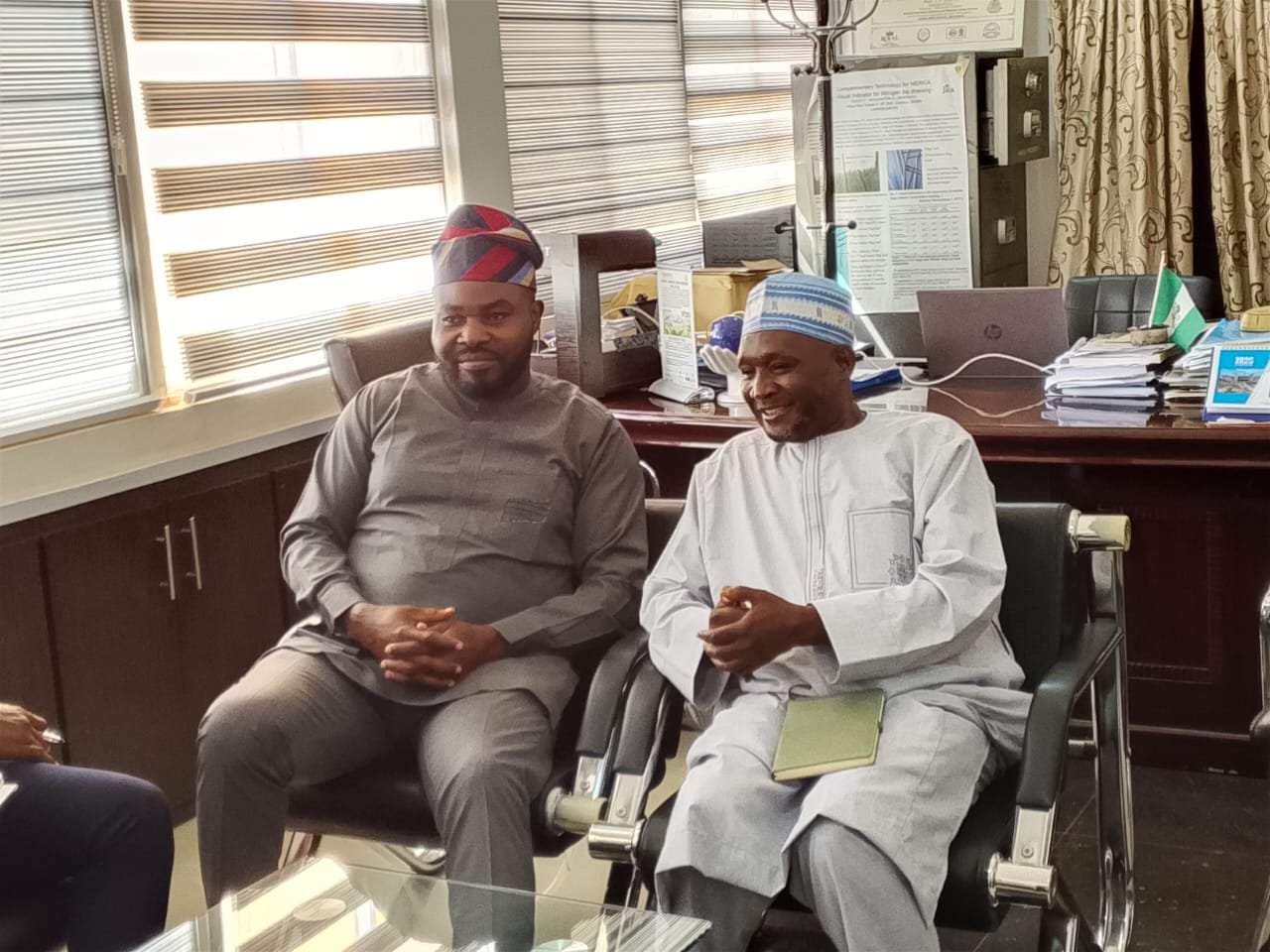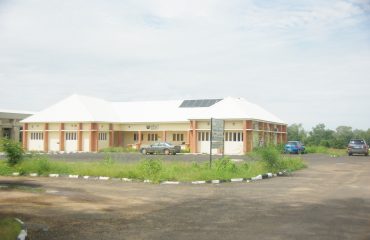A joint delegation from the Alliance for a Green Revolution in Africa (AGRA) and the Federal Ministry of Budget and National Planning has visited the National Agricultural Extension and Research Liaison Services (NAERLS) at Ahmadu Bello University, Zaria, to assess the progress and impact of the ongoing AGRA–NAERLS partnership projects.
The visit commenced with a round of introductions by representatives from AGRA, the Federal Ministry, and the host institution. The Executive Director of NAERLS, Professor Y.A. Sani, delivered welcome remarks, providing an overview of the Institute’s history, its mandate in agricultural extension, and key achievements recorded under the AGRA–NAERLS Projects (2019–2021 and 2022–2025), which were implemented in Niger and Kaduna States.
Prof. Sani emphasised the innovative role of the Community-Based Advisory (CBA) model in addressing the persistent extension agent–farmer ratio gap and in accelerating the dissemination of proven agricultural technologies to rural communities.
Addressing the delegation, Dr Rufus Idris, AGRA Country Director, highlighted the significance of close collaboration with the Federal Ministry of Budget and Planning and the importance of partner field visits in evaluating project outcomes. He provided updates on the AGRA 3.0 strategy, noting AGRA’s current operations in three states, with plans underway to expand into Oyo and Ogun States. Dr Idris also referenced AGRA’s ongoing collaboration with the Office of the Vice President on the “Irrigate Nigeria Project”, geared toward enhancing irrigation practices nationwide.
Representing the Principal Investigator, Prof. C.K. Daudu, Prof. Sani Isiaku presented a comprehensive overview of the AGRA–NAERLS Project, focusing on interventions targeting Community-Based Advisors, key outcomes, sustainability pathways, and strategies for scaling impact.
During a session of discussions, a Director from the Federal Ministry of Budget and Planning sought clarity on project challenges. In response, Prof. Isiaku outlined several constraints, including policy inconsistencies, currency fluctuations, and security challenges that hinder input logistics. He further underscored the need for broader government support, especially in strengthening training programs for women’s groups across local government areas and ensuring sustained follow-up to extend project reach.
As part of the visit, the delegation engaged virtually with women processing centres in Anguwan Alkali and Anguwan Wambai in Zaria and Kubau LGAs, as well as the Kagadama Climate-Smart Village in Kauru LGA. Beneficiaries showcased ongoing activities and shared experiences on the field-level transformations enabled by the partnership.
The team later participated in a symbolic tree-planting exercise, led by Dr Idris and the Director from the Federal Ministry, reaffirming their commitment to environmental sustainability and climate resilience.
The visit concluded with a media interaction, during which Dr Idris discussed Scaling Up Climate-Smart Agriculture in Kaduna State, highlighting existing challenges, emerging opportunities, and AGRA’s broader interventions to strengthen Nigeria’s agricultural systems.



